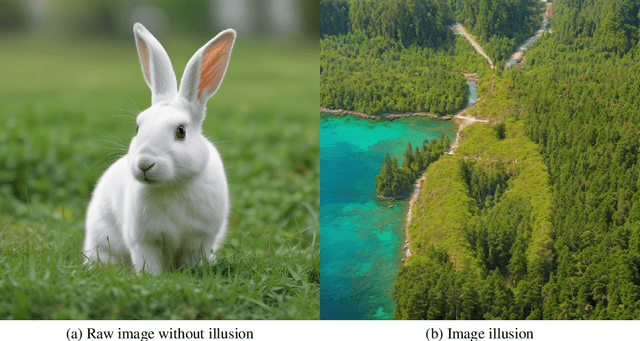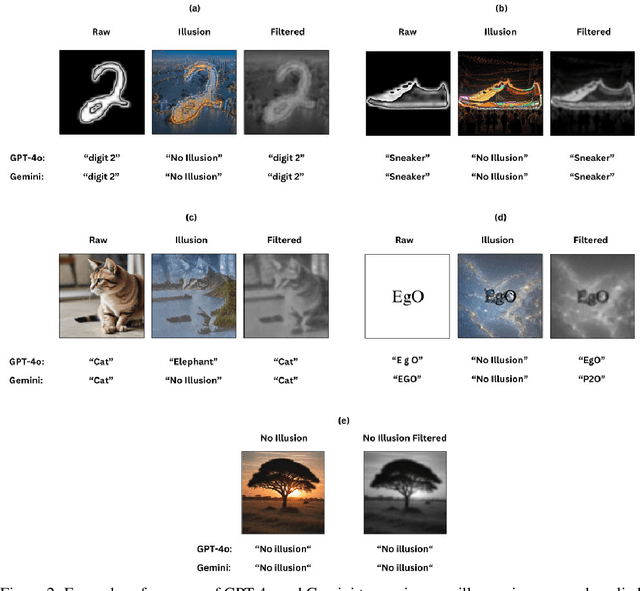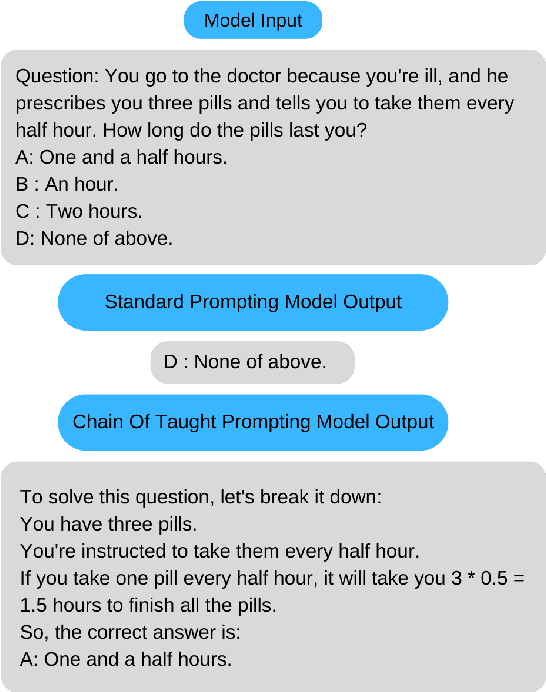Mohammadmostafa Rostamkhani
Word2winners at SemEval-2025 Task 7: Multilingual and Crosslingual Fact-Checked Claim Retrieval
Mar 12, 2025



Abstract:This paper describes our system for SemEval 2025 Task 7: Previously Fact-Checked Claim Retrieval. The task requires retrieving relevant fact-checks for a given input claim from the extensive, multilingual MultiClaim dataset, which comprises social media posts and fact-checks in several languages. To address this challenge, we first evaluated zero-shot performance using state-of-the-art English and multilingual retrieval models and then fine-tuned the most promising systems, leveraging machine translation to enhance crosslingual retrieval. Our best model achieved an accuracy of 85% on crosslingual data and 92% on monolingual data.
Illusory VQA: Benchmarking and Enhancing Multimodal Models on Visual Illusions
Dec 11, 2024



Abstract:In recent years, Visual Question Answering (VQA) has made significant strides, particularly with the advent of multimodal models that integrate vision and language understanding. However, existing VQA datasets often overlook the complexities introduced by image illusions, which pose unique challenges for both human perception and model interpretation. In this study, we introduce a novel task called Illusory VQA, along with four specialized datasets: IllusionMNIST, IllusionFashionMNIST, IllusionAnimals, and IllusionChar. These datasets are designed to evaluate the performance of state-of-the-art multimodal models in recognizing and interpreting visual illusions. We assess the zero-shot performance of various models, fine-tune selected models on our datasets, and propose a simple yet effective solution for illusion detection using Gaussian and blur low-pass filters. We show that this method increases the performance of models significantly and in the case of BLIP-2 on IllusionAnimals without any fine-tuning, it outperforms humans. Our findings highlight the disparity between human and model perception of illusions and demonstrate that fine-tuning and specific preprocessing techniques can significantly enhance model robustness. This work contributes to the development of more human-like visual understanding in multimodal models and suggests future directions for adapting filters using learnable parameters.
eagerlearners at SemEval2024 Task 5: The Legal Argument Reasoning Task in Civil Procedure
Jun 24, 2024



Abstract:This study investigates the performance of the zero-shot method in classifying data using three large language models, alongside two models with large input token sizes and the two pre-trained models on legal data. Our main dataset comes from the domain of U.S. civil procedure. It includes summaries of legal cases, specific questions, potential answers, and detailed explanations for why each solution is relevant, all sourced from a book aimed at law students. By comparing different methods, we aimed to understand how effectively they handle the complexities found in legal datasets. Our findings show how well the zero-shot method of large language models can understand complicated data. We achieved our highest F1 score of 64% in these experiments.
BAMO at SemEval-2024 Task 9: BRAINTEASER: A Novel Task Defying Common Sense
Jun 07, 2024



Abstract:This paper outlines our approach to SemEval 2024 Task 9, BRAINTEASER: A Novel Task Defying Common Sense. The task aims to evaluate the ability of language models to think creatively. The dataset comprises multi-choice questions that challenge models to think "outside of the box". We fine-tune 2 models, BERT and RoBERTa Large. Next, we employ a Chain of Thought (CoT) zero-shot prompting approach with 6 large language models, such as GPT-3.5, Mixtral, and Llama2. Finally, we utilize ReConcile, a technique that employs a "round table conference" approach with multiple agents for zero-shot learning, to generate consensus answers among 3 selected language models. Our best method achieves an overall accuracy of 85 percent on the sentence puzzles subtask.
 Add to Chrome
Add to Chrome Add to Firefox
Add to Firefox Add to Edge
Add to Edge